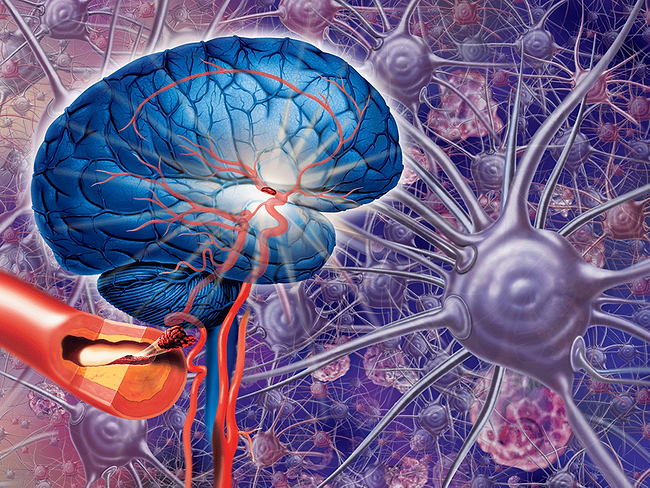
Neurology/psychiatric
Neurology/psychiatric
Pharmacokinetic evaluation of novel cannabidiol formulation presented
Read MoreNeurology/psychiatric
Studies bring insights into link between glymph system, migraine pain
Read MoreNeurology/psychiatric
GPVI inhibitor EMA-601 has unprecedented potency in preclinical ischemic stroke
Read MoreNeurology/psychiatric





